- Home
- Health Condition
Medicine For Dust Allergy
Medicine For Dust Allergy
- Total Items (2114)
 RX
RXMontecip LC Junior Tablet 10's
₹106.90
MRP ₹142.50
25% off
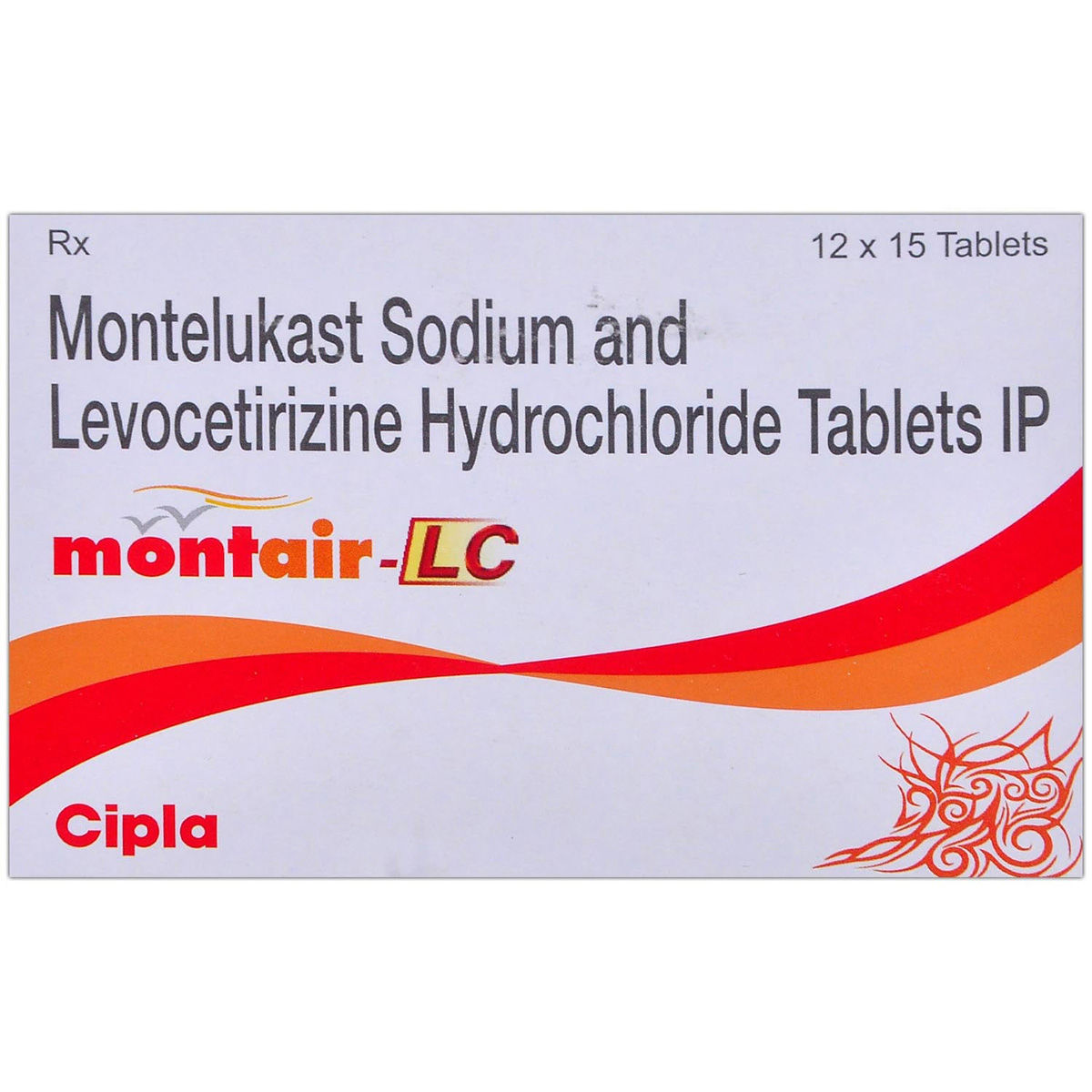 RX
RXMontair-LC Tablet 15's
₹365.90
MRP ₹406.50
10% off
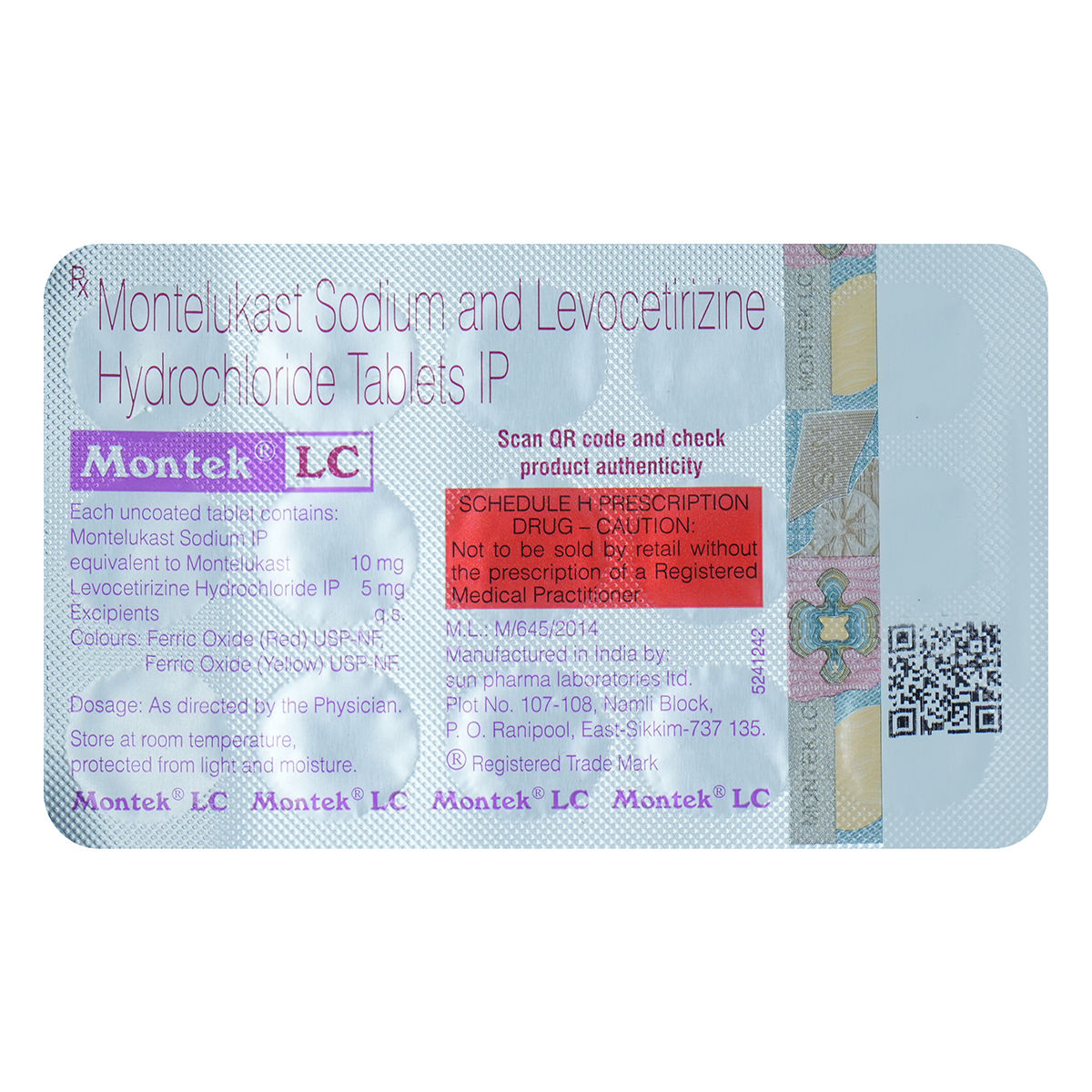 RX
RXMontek LC Tablet 15's
₹335.30
MRP ₹372.50
10% off
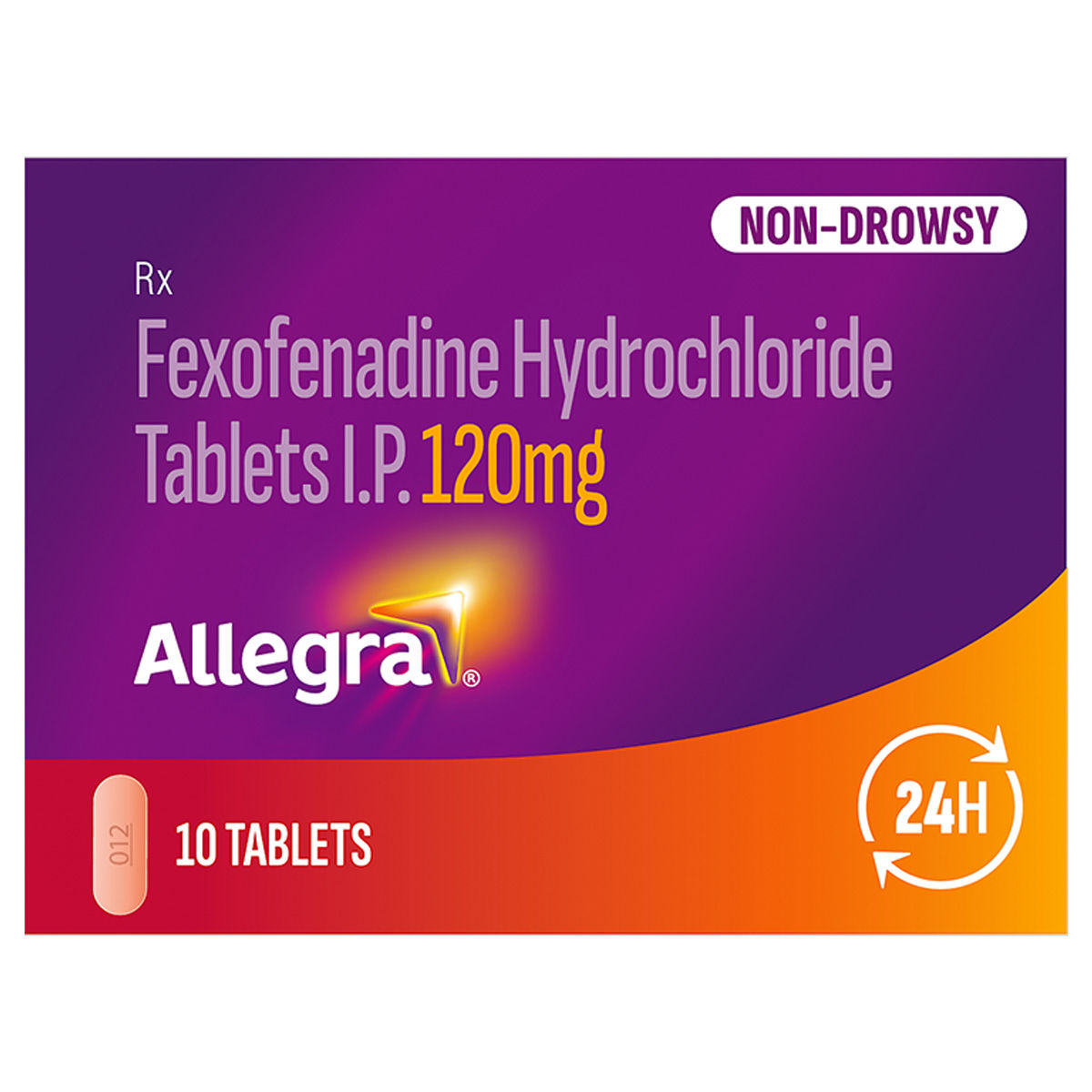 RX
RXAllegra 120 mg Tablet 10's
₹238.10
MRP ₹264.50
10% off
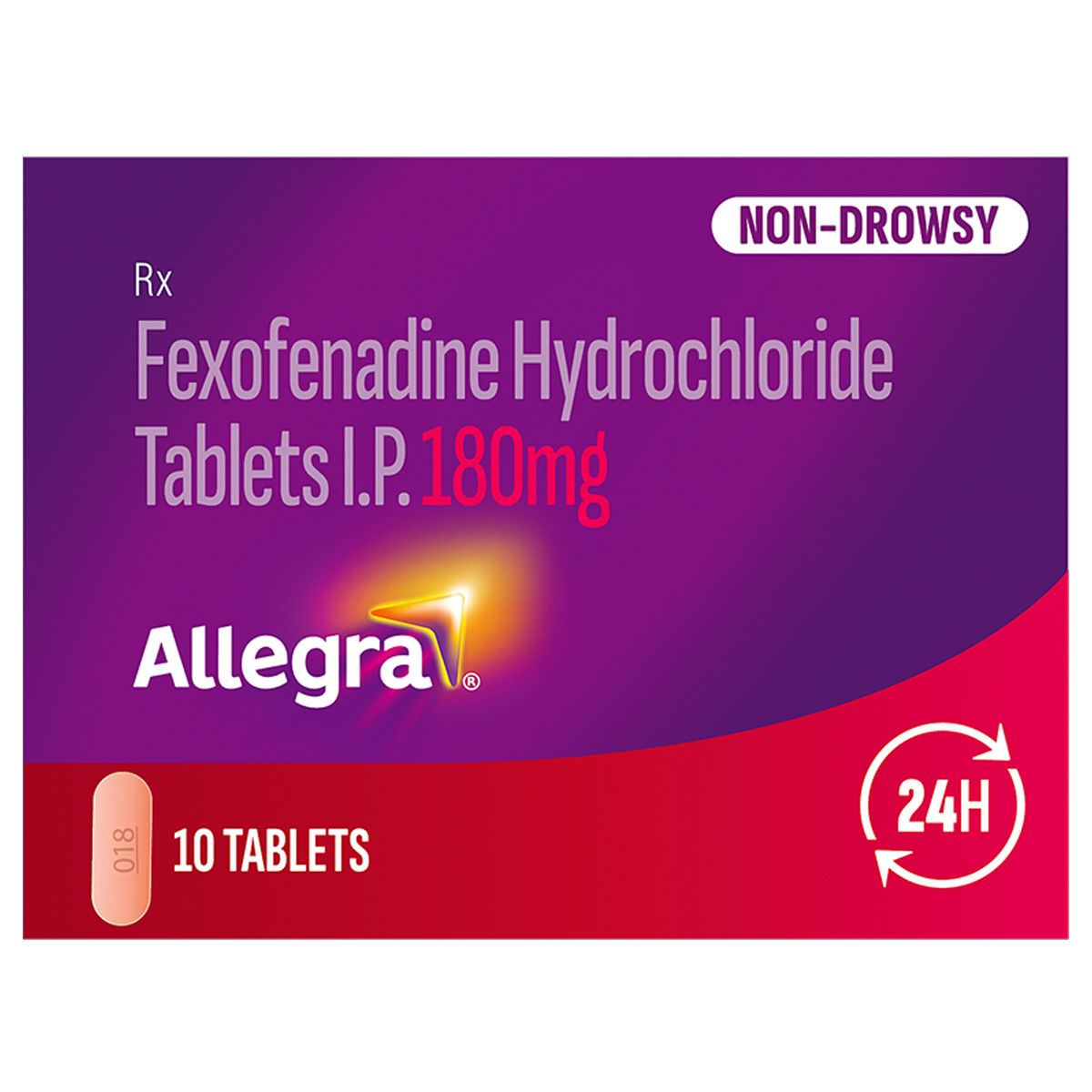 RX
RXAllegra 180 mg Tablet 10's
₹272.30
MRP ₹302.50
10% off
 RX
RXMonDeslor Tablet 10's
₹218.70
MRP ₹243
10% off
 RX
RXTelekast-L Tablet 15's
₹321.30
MRP ₹357
10% off
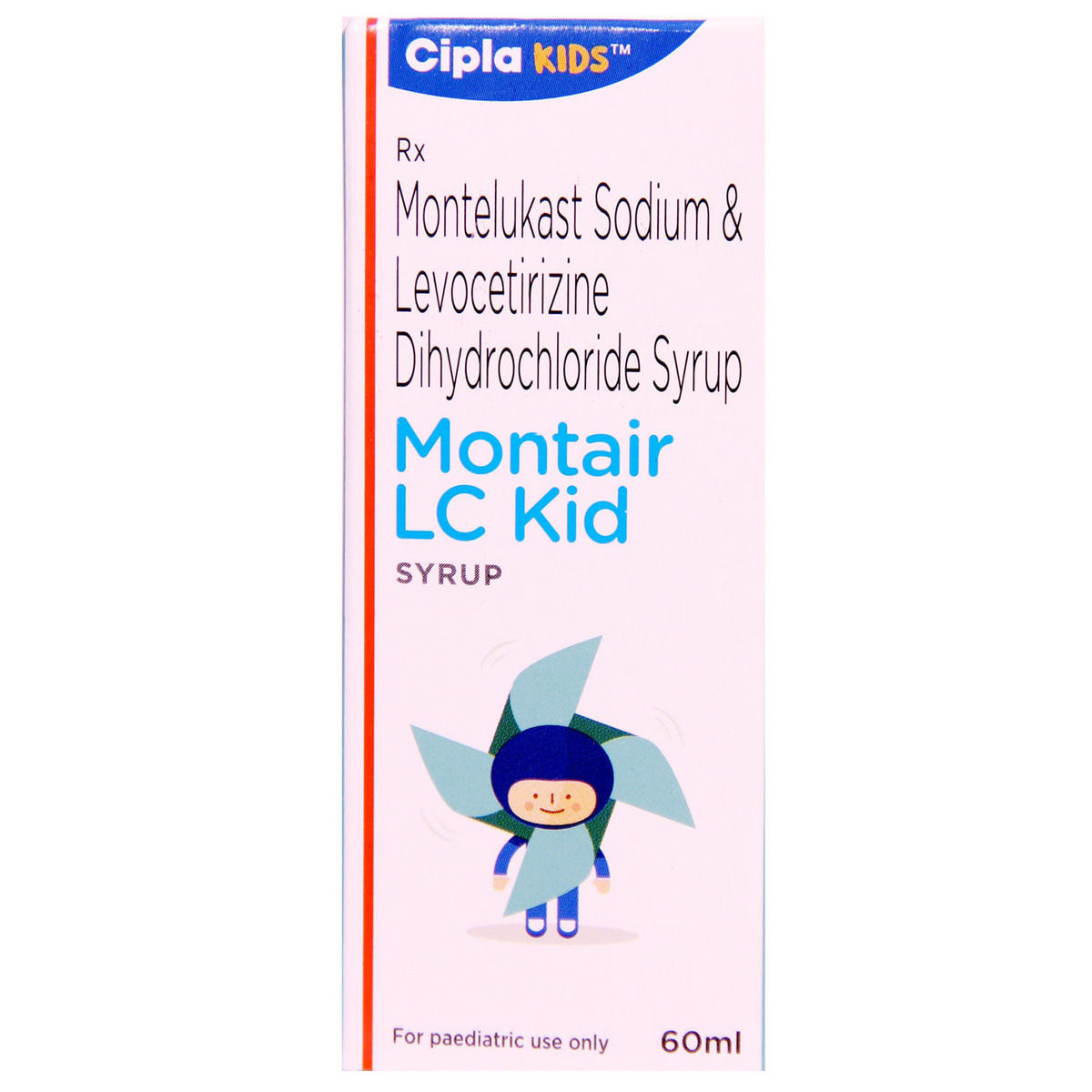 RX
RXMontair LC Kid Syrup 60 ml
₹138.20
MRP ₹153.50
10% off
 RX
RXBilashine Tablet 10's
₹135.90
MRP ₹151
10% off
 RX
RXDazit Tablet 15's
₹151.20
MRP ₹168
10% off
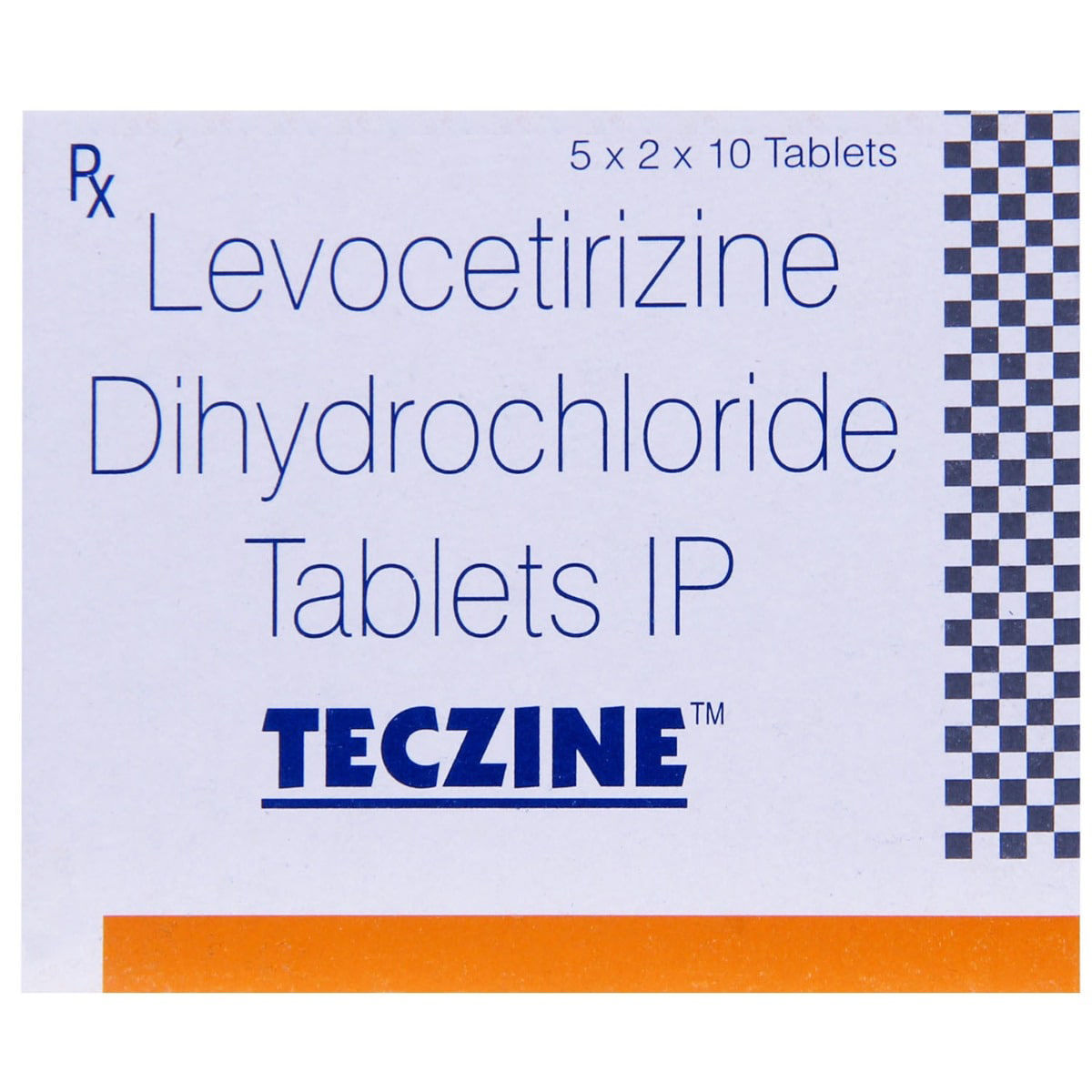 RX
RXTeczine Tablet 10's
₹82.80
MRP ₹92
10% off
 RX
RXXyzal Tablet 15's
₹196.20
MRP ₹218
10% off
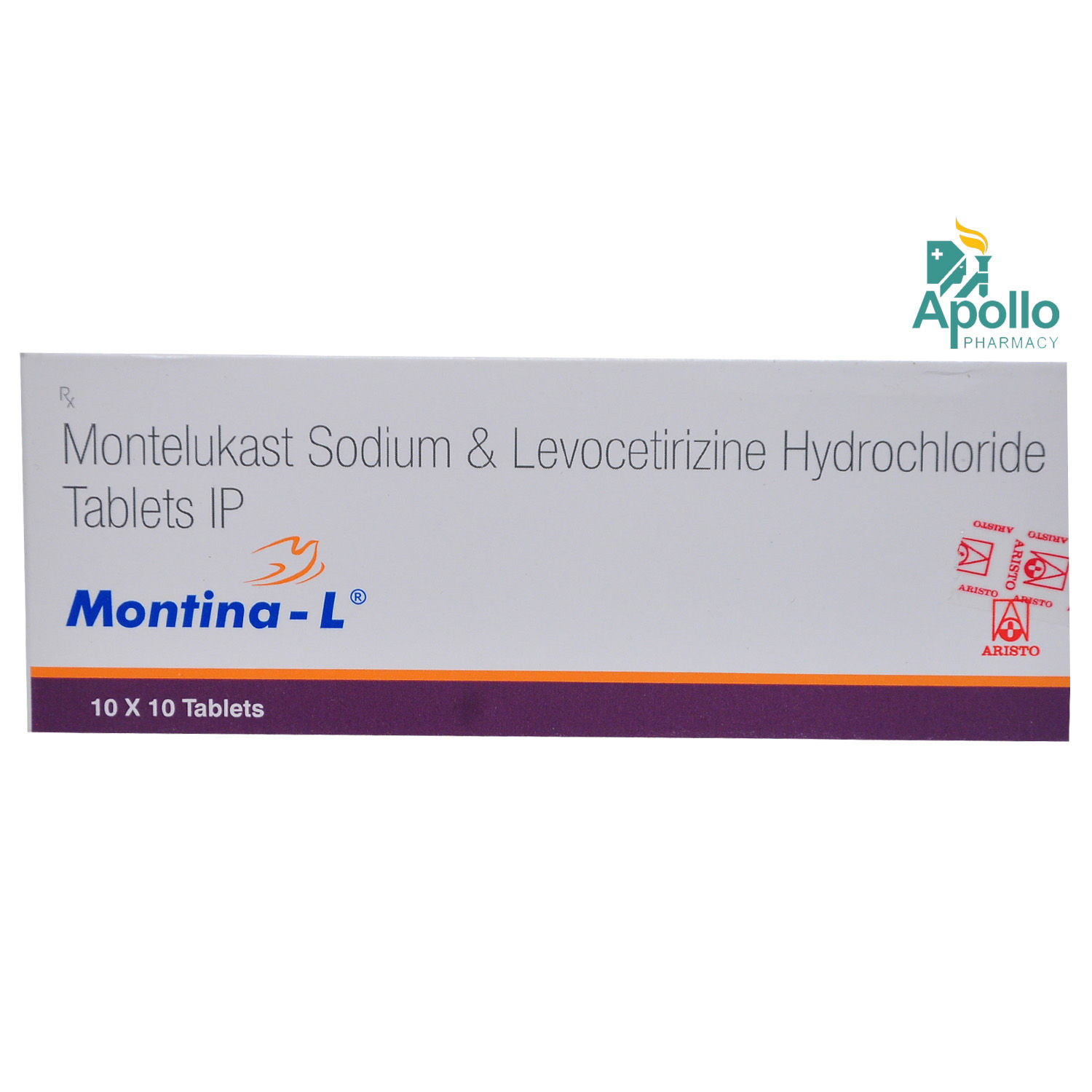 RX
RXMontina-L Tablet 10's
₹74.70
MRP ₹83
10% off
 RX
RXBilasure 20 Tablet 10's
₹149.40
MRP ₹166
10% off
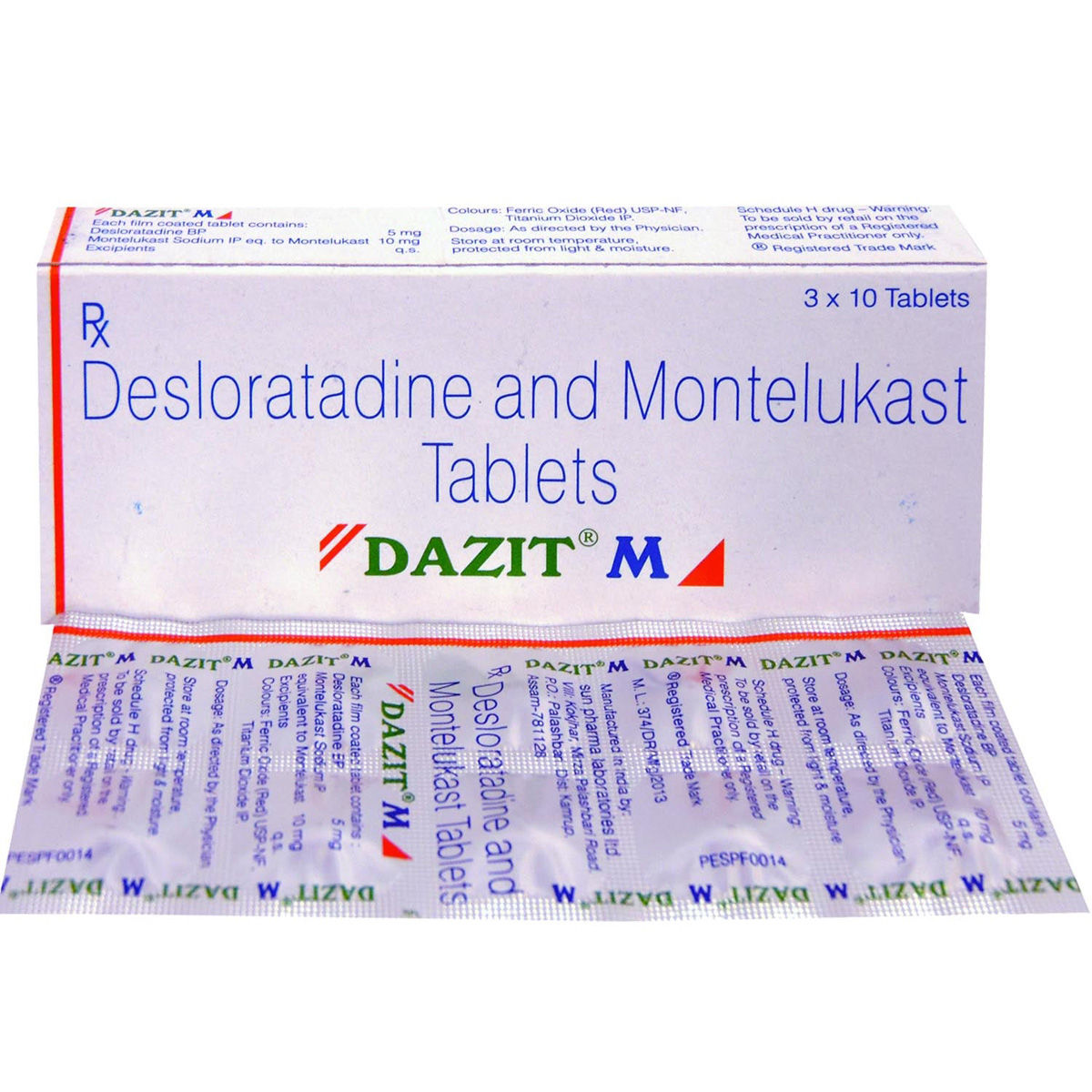 RX
RXDazit M Tablet 10's
₹218.70
MRP ₹243
10% off
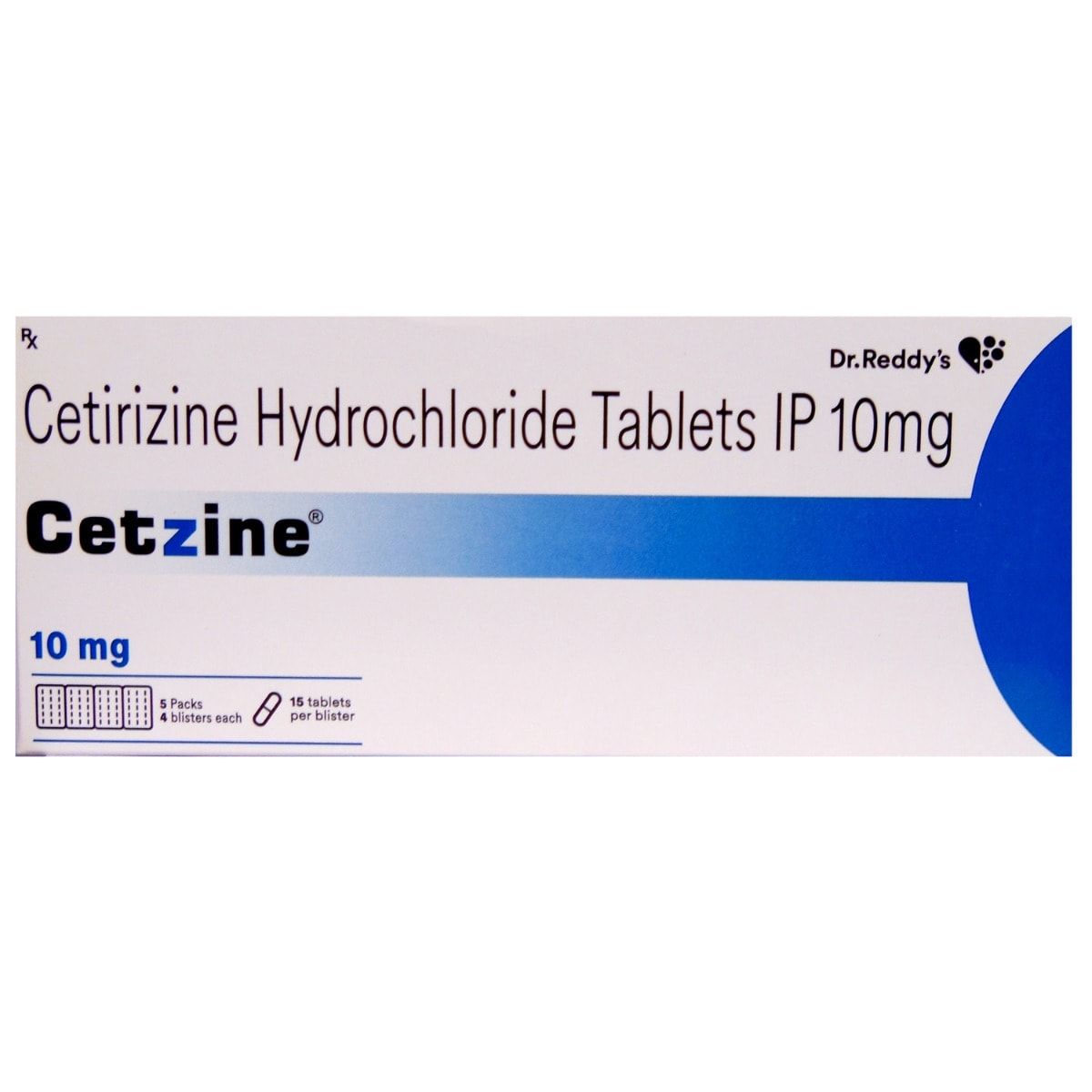 RX
RXCetzine 10 mg Tablet 15's
₹28.40
MRP ₹31.50
10% off
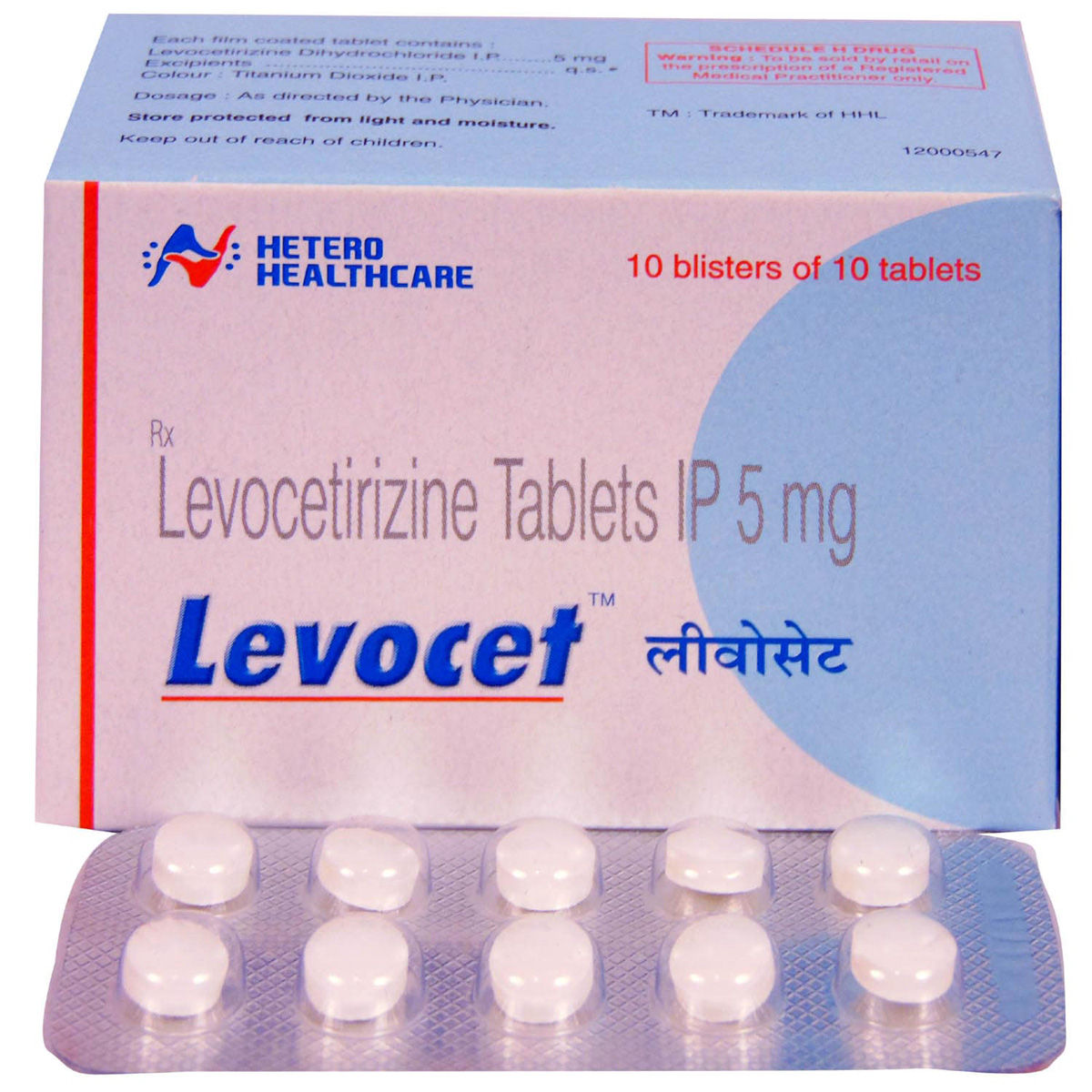 RX
RXLevocet Tablet 10's
₹46.40
MRP ₹51.50
10% off
 RX
RXL Montus Tablet 15's
₹310.50
MRP ₹345
10% off
 RX
RXMonticope Tablet 10's
₹98.60
MRP ₹109.50
10% off
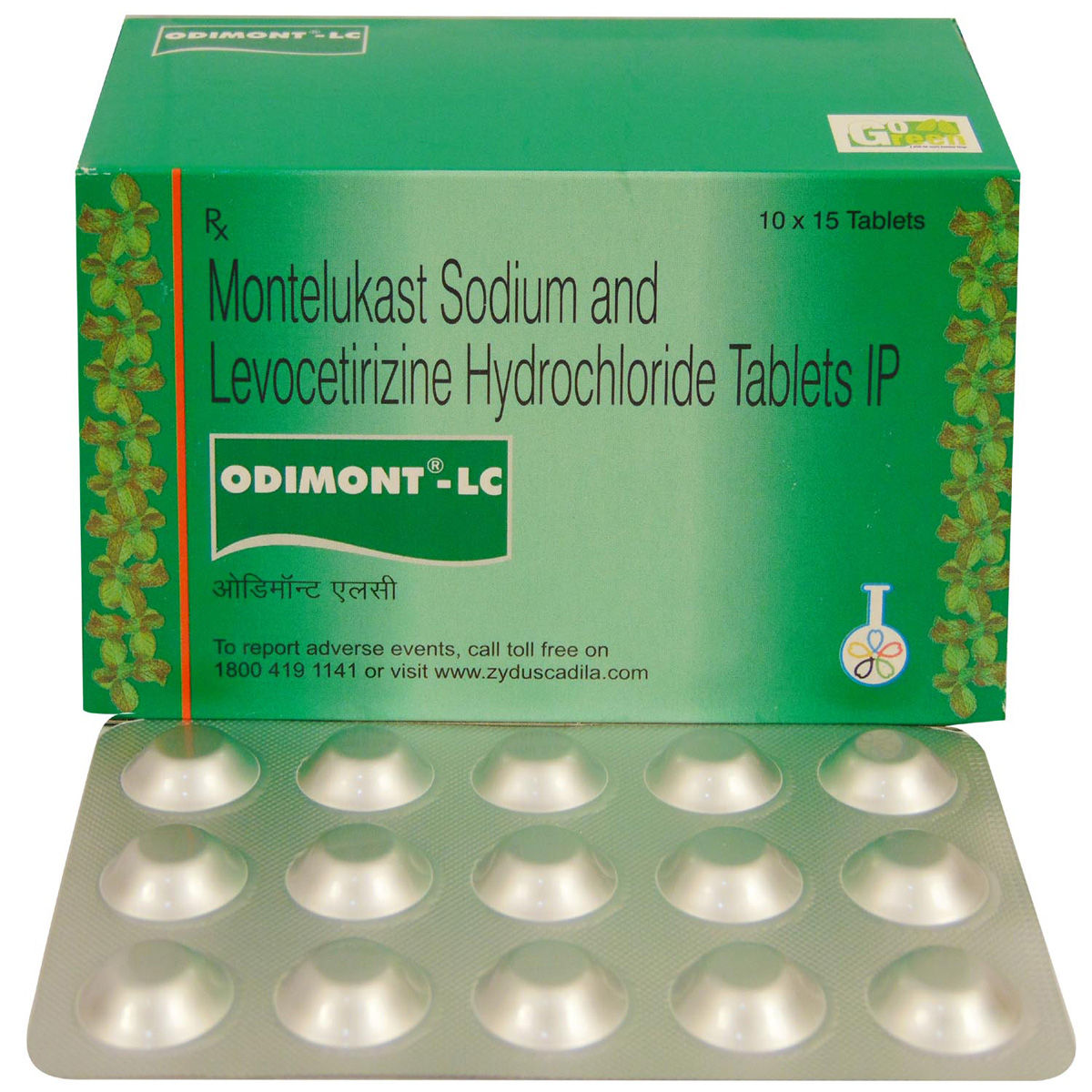 RX
RXOdimont-LC Tablet 15's
₹332.60
MRP ₹369.50
10% off
 RX
RXBilashine-40 Tablet 10's
₹212.40
MRP ₹236
10% off
 RX
RXDazit 10 Tablet 15's
₹252.50
MRP ₹280.50
10% off
 RX
RXTeczine 10 Tablet 15's
₹216.50
MRP ₹240.50
10% off
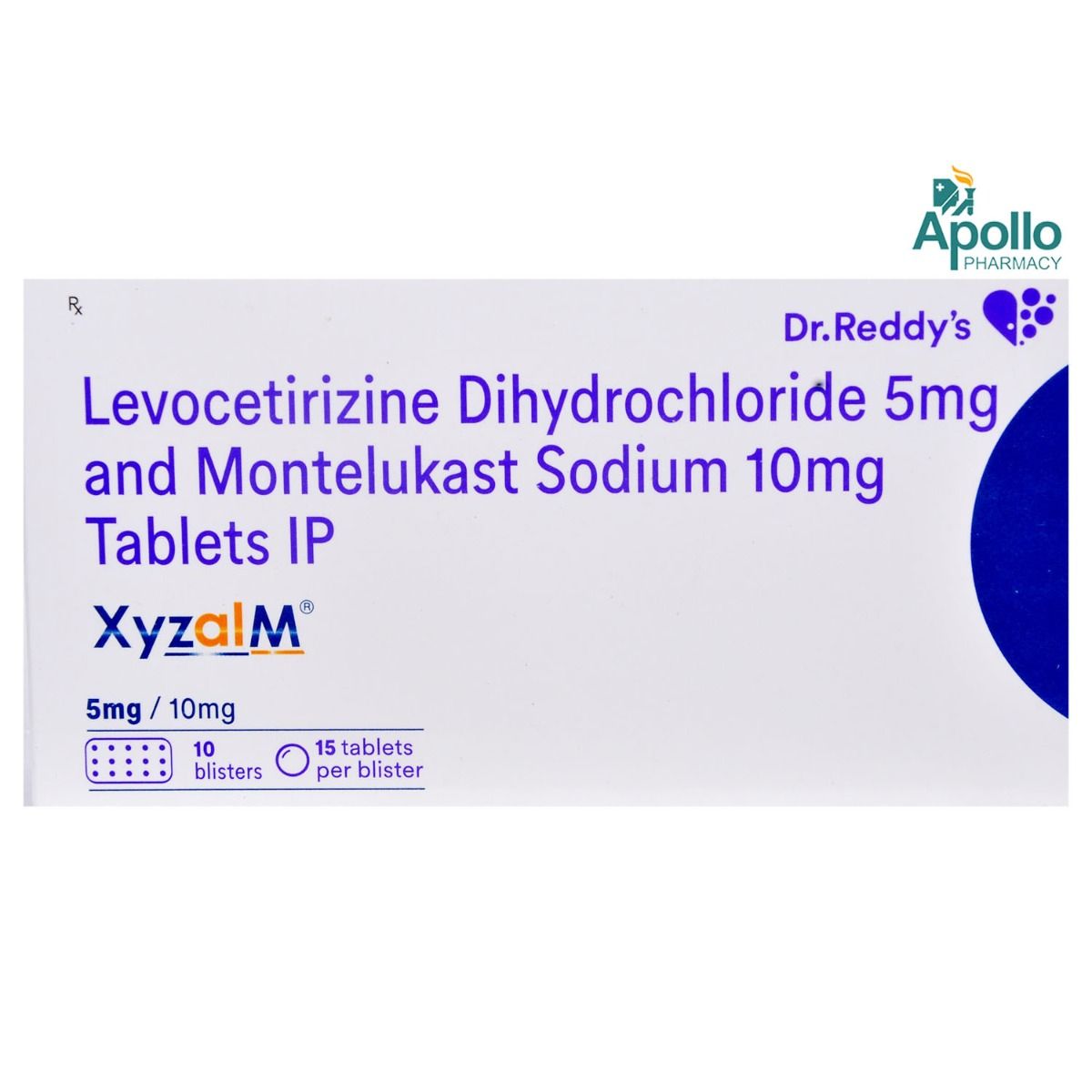 RX
RXXyzal M 5/10 Tablet 15's
₹275.40
MRP ₹306
10% off
Medicines For Dust Allergy
Dust allergy is a common condition where the body’s immune system reacts strongly to dust mites, dust particles, or other allergens in the air. This reaction can cause symptoms like sneezing, itching, and, in more serious cases, breathing problems such as asthma. Dust allergies can make daily life difficult, especially in places where dust builds up easily, like homes, offices, or areas with poor airflow. Fortunately, the right medications can help control dust allergy symptoms, reduce swelling, and prevent the symptoms from getting worse.
Types of Medicines Used for Dust Allergy
There are several types of medications available to treat dust allergies. These medicines work in different ways to alleviate symptoms such as sneezing, congestion, runny nose, itching, and, in some cases, asthma. The main types of medications for dust allergy include:
1.Antihistamines
- Antihistamines are among the most commonly used medications for dust allergies. They work by blocking histamine, a substance released by the body during allergic reactions that causes inflammation and symptoms such as itching, runny nose, and sneezing.
- Available in both oral and nasal spray forms, antihistamines effectively relieve mild to moderate allergy symptoms.
- Examples: Loratadine, Cetirizine, Fexofenadine, Desloratadine
2.Nasal Corticosteroids
- Nasal corticosteroids, available as nasal sprays, are highly effective in reducing inflammation in the nasal passages caused by dust allergies. They can provide long-term relief from nasal congestion, sneezing, and a runny nose.
- They are often considered the most effective treatment for managing chronic allergic rhinitis caused by dust mites and other allergens.
- Examples: Fluticasone, Mometasone, Budesonide, Beclometasone
3.Decongestants
- Decongestants help relieve nasal congestion by narrowing the blood vessels in the nasal passages, reducing swelling and improving airflow. Thee medications are available in both oral and nasal spray forms.
- While effective in providing short-term relief, decongestants should only be used for a few days, as prolonged use can lead to rebound congestion.
- Examples: Pseudoephedrine, Phenylephrine
4.Leukotriene Receptor Antagonists
- Leukotrienes are chemicals released during allergic reactions that contribute to inflammation and bronchoconstriction, leading to symptoms such as wheezing and difficulty breathing. Leukotriene receptor antagonists, available in oral tablet form, block these chemicals, making them helpful in managing asthma and allergic rhinitis caused by dust allergens.
- Example: Montelukast
5.Immunotherapy (Allergy Shots)
Immunotherapy, also known as allergy shots, is a long-term treatment for dust allergies. It involves receiving regular injections of small amounts of the allergen to build tolerance and gradually reduce the immune system's overreaction. This treatment is typically recommended for individuals with severe dust allergies who do not respond to other medications.
6.Cromolyn Sodium
Cromolyn sodium is an anti-inflammatory medication that prevents the release of histamines and other chemicals involved in allergic reactions. It is available as a nasal spray or eye drop and can help relieve symptoms such as sneezing, nasal congestion, and eye irritation.
Benefits of Using Medicines for Dust Allergy
Using medications for dust allergy can bring significant relief to those affected by this condition. The key benefits include:
- Reduced Symptoms: Medications can alleviate the common symptoms of dust allergies, such as sneezing, itchy eyes, and nasal congestion, improving overall comfort and quality of life.
- Prevention of Flare-Ups: Regular use of prescribed allergy medications can help prevent symptoms from worsening, especially in high-dust environments.
- Improved Breathing: Medicines like nasal corticosteroids and leukotriene antagonists can reduce inflammation in the airways, helping to prevent asthma attacks and improve breathing.
- Long-Term Relief: With appropriate treatment, many individuals experience long-term relief from allergy symptoms, allowing them to engage in daily activities without constant discomfort.
Dosage & Usage Instructions of Medicines for Dust Allergy
The dosage and usage instructions for dust allergy medications vary depending on the type of medication prescribed. Here are the general guidelines:
- Antihistamines: Depending on the medication, it is usually taken once or twice a day. If you're using antihistamines in a nasal spray, follow the instructions on the package. It's essential to avoid alcohol when taking these medications, as it may increase drowsiness.
- Nasal Corticosteroids: These are often used once or twice daily, depending on the severity of symptoms. When using nasal sprays, it’s crucial to follow proper techniques to ensure the medication reaches the correct area of the nose.
- Decongestants: They should be used for no longer than three to five days to prevent rebound congestion. If using nasal sprays, it is essential not to exceed the recommended dosage.
- Leukotriene Receptor Antagonists: Usually taken once daily in the form of a tablet. It’s important to take this medication consistently at the same time each day for the best results.
- Immunotherapy: Allergy shots are administered regularly, usually starting with weekly injections. The frequency of injections will decrease over time as tolerance to the allergen builds.
- Cromolyn Sodium: Typically used several times a day in the form of nasal spray or eye drops. For best results, it should be used regularly, even when symptoms are not severe.
Always follow the advice of a healthcare provider and the instructions on the packaging for the safe and effective use of these medications.
Buy Medicines for Dust Allergy or Dust Allergy Medicines Online at Apollo 24|7
If you're looking to buy medicines for dust allergy, Apollo 24|7 offers a wide range of allergy medications available for convenient online purchasing. With a secure and reliable platform, you can easily access prescription and over-the-counter treatments for dust allergies, ensuring fast delivery and easy access to quality healthcare products.
Frequently asked questions
Common symptoms include sneezing, nasal congestion, itchy or watery eyes, coughing, and, in more severe cases, wheezing or shortness of breath.
Keeping your home clean, using air purifiers, washing bedding regularly, and avoiding exposure to dust mites can help prevent symptoms from worsening.
Yes, some medications may cause side effects, including drowsiness, dry mouth, or nasal irritation. Always consult a healthcare provider before starting a new medication.
When used as directed, nasal corticosteroids are generally safe for long-term use. However, they should be used under the supervision of a healthcare professional to monitor for any potential side effects.
Many dust allergy medications are suitable for children, but it’s essential to consult a healthcare provider for age-appropriate recommendations and dosages.
